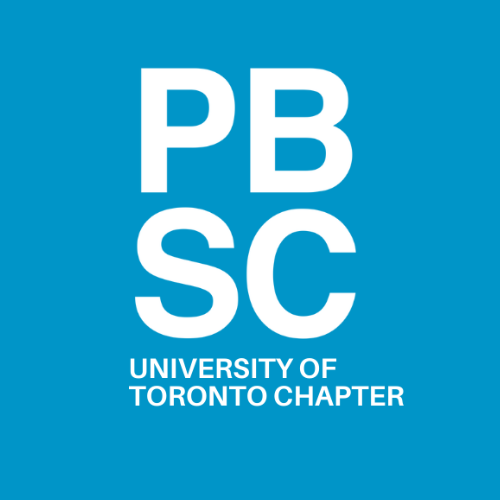METRAC: Gender Based Violence Public Legal Education and Research Project (6 positions)
Area of Law: Family Law -- Criminal Law -- Human Rights Law -- Employment Law
METRAC is an Ontario based non-profit organization (located in Toronto) in operation since 1984 working to end violence towards women and youth and have extended services to TwoSpirit, Nonbinary and trans people as of 1995. Our current violence prevention and intervention activities are focused on advancing safety, justice, and equity through education, outreach, community safety initiative, research, and social policy work. The Community Justice Program develops, produces and distributes legal information in clear language for vulnerable individuals, groups and their service providers, to learn about how the law and legal systems work to protect people from gender-based violence. To learn more about METRAC, check out their website here: www.metrac.org
In the 2024-2025 school year, the PBSC-METRAC collaboration will consist of two components. The first component of the project will centre on preparing and presenting Public Legal Education (PLE) presentations for Toronto are community groups, including shelters for women affected by partner violence. The second component will consist of research and writing materials which may also be published on METRAC's Ontario Women's Justice Network (OWJN) website. These written materials may involve preparing articles, case-comments or blog-style posts on various legal issues in collaboration with METRAC staff. Examples of past presentation topics include: (1) what should a victim of abuse expect during the Integrated Domestic Violence (IDV) Court process? (2) Resources to support a victim leaving an abusive relationship, (3) Workplace Violence and Harassment, (4) Technology-facilitated gender-based violence.
Detailed Role of Students
In this project, students will work with METRAC’s legal information materials, to conduct legal research and to develop and adapt new presentation materials as needed. PLE presentations will explain in clear language, various aspects of the law and legal processes that women are likely to encounter, some of which may be related to information posted on the OWJN and FLEW websites (www.owjn.org; www.onefamilylaw.ca).The final outputs of the project may include PLE PowerPoint presentations and/or other written resources, which will be used by students to conduct legal information presentations for the community. Students may also prepare articles, case-comments or blog-style posts on various legal issues in collaboration with METRAC staff.
Students will give PLE presentations attended and supervised by a METRAC lawyer, and held with community groups in various locations, including women’s shelters. The PLE presentations will be held through Zoom or similar online connections, as has been the practice during the past several years, since the onset of the COVID-19 pandemic. Should any community groups including shelters request that any PLE presentations be conducted in-person, students will be given the option to do so and will be accompanied by a METRAC staff member for such presentations. Such in-person presentations will be subject to all public health measures in place at the time to ensure the safety of students and staff. In-person presentations given by students, may be supervised by a METRAC lawyer who is attending remotely via Zoom, Teams or similar online connection.
Students will create a mutually beneficial learning environment for diverse communities of women whereby they can learn about various aspects of the law and legal processes that women and children affected by violence are likely to encounter. Students supported and supervised by METRAC’s lawyer, will lead PLE presentations (not legal advice) through interactive and face-to-face exchanges between students and community members, for the purpose of building live client-facing skills; and to allow for questions to be answered (subject to PBSC policies prohibiting the giving of legal advice by student volunteers).
Time Commitment
Required Training
Number of Students and Prerequisites
- How many students?
- 4-6 students (students may be working with students from Lincoln Alexander School of Law and Osgoode Hall Law School)
- Can fist year law students volunteer?
- First year students are encouraged to apply!
- Should you be bilingual?
- No - Bilingualism is not needed
- Any other requirements for the project?
- It would be helpful for students to have a basic understanding of one or more areas of: family law; immigration law; labour/employment law; human rights law; privacy law; criminal law, especially as it may impact survivors of gender-based violence. Experience with public presentations in plain and clear language is also considered an asset but is not essential as training on these skills will be provided.
- Any expectations for this project?
- Given the sensitivity of a shelter environment and working with women exposed to violence, this PBSC placement is limited to women-identified volunteers. Students must have an awareness of and interest in social justice, human rights, feminism, applied anti-oppression/anti-racism practices, and gender-based violence against women, Two-spirit, Nonbinary and trans issues. Previous experience with plain language communications and/or community presentations is considered an asset. Candidates should have demonstrated ability to work independently. Where a student is identified as having difficulty committing adequate time or engagement with the project, the supervisor will schedule a meeting to discuss a satisfactory solution, including but not limited to reasonable accommodation and early departure from the project.
